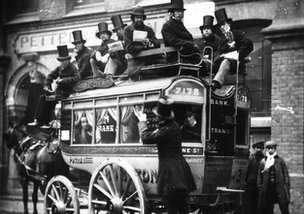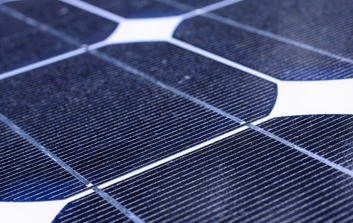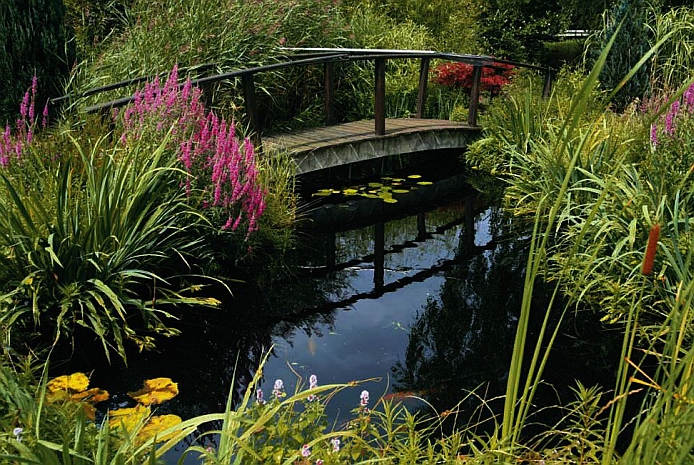Industrial burden on the environment
 In the 1800’s horsecars provided transport to Londoners. Did you know that this method of transport became so widespread that by the second half of the 19th century approx. 50,000 horses were used to provide public transport for the city of almost 3 million? One of the greatest problems of London at the time was how to manage the nearly thousand tonnes of manure produced daily by these animals – they were terrified that this quantity would sooner or later drown the city! The solution to this problem came from the inventions of the Industrial Revolution: horsecars were replaced by omnibuses with combustion engines; even though decades had to pass before all the horses were retired. Industrial development, however, brought with it a new problem: the large-scale industrial pollution of the environment. During the past nearly 150 years many suggestions were brought forth to address this problem, but the subject only gained momentum over the last 40-50 years. Today, we have a whole set of tools to minimise the resources used during our activities and our burden on the environment as industrial players. Several industrial segments now see environmentally conscious solutions as the main direction for development, so it is natural for us to give these solutions a prominent role in our own operations.
In the 1800’s horsecars provided transport to Londoners. Did you know that this method of transport became so widespread that by the second half of the 19th century approx. 50,000 horses were used to provide public transport for the city of almost 3 million? One of the greatest problems of London at the time was how to manage the nearly thousand tonnes of manure produced daily by these animals – they were terrified that this quantity would sooner or later drown the city! The solution to this problem came from the inventions of the Industrial Revolution: horsecars were replaced by omnibuses with combustion engines; even though decades had to pass before all the horses were retired. Industrial development, however, brought with it a new problem: the large-scale industrial pollution of the environment. During the past nearly 150 years many suggestions were brought forth to address this problem, but the subject only gained momentum over the last 40-50 years. Today, we have a whole set of tools to minimise the resources used during our activities and our burden on the environment as industrial players. Several industrial segments now see environmentally conscious solutions as the main direction for development, so it is natural for us to give these solutions a prominent role in our own operations.
Environmentally conscious solution
 In the production of cable assemblies the use of electric energy, heating and air-conditioning, waste management and fuel use related to transport are the relevant issues in this regard. Part of the electric energy demand of our productive activities is met using photovoltaic cells, which greatly reduces our CO2-emissions and gives us a certain degree of independence with regard to energy. In our production halls and offices we use insulation that is twice as thick as the industry standard, with a corresponding impact on our heating and air-conditioning needs.
In the production of cable assemblies the use of electric energy, heating and air-conditioning, waste management and fuel use related to transport are the relevant issues in this regard. Part of the electric energy demand of our productive activities is met using photovoltaic cells, which greatly reduces our CO2-emissions and gives us a certain degree of independence with regard to energy. In our production halls and offices we use insulation that is twice as thick as the industry standard, with a corresponding impact on our heating and air-conditioning needs.
We collect waste generated during production selectively, recycling almost its full amount: paper waste is turned into packaging, PVC insulation stripped from wire ends into plastic sheeting used on garden ponds. We treat the waste generated during metalworking by type of material and can reuse most of it. When planning deliveries, we aim to use primarily collective deliveries organised by us to help us minimise the burden on the environment.

